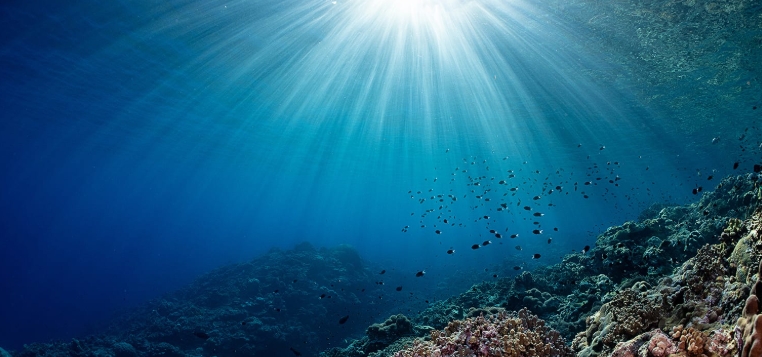Acidification: Understanding its Impact and Urgency
Acidification is a pressing environmental issue that often flies under the radar. As our oceans absorb increasing amounts of carbon dioxide, the pH levels of seawater decline, leading to significant consequences for marine life and ecosystems. Understanding acidification is crucial not only for environmentalists and scientists but for everyone who cares about the health of our planet.
The Science Behind Acidification
Acidification occurs when carbon dioxide (CO2) from the atmosphere dissolves in ocean waters, forming carbonic acid. This process lowers the ocean’s pH, making it more acidic. Since the Industrial Revolution, ocean acidity has increased by approximately 30%, leading to a cascade of ecological effects. As pH levels drop, it becomes harder for organisms such as corals, shellfish, and even plankton to form their calcium carbonate shells. This diminishes biodiversity and disrupts entire food chains, ultimately affecting human livelihoods reliant on these marine resources.
Impacts on Marine Life
The repercussions of acidification are far-reaching. Corals, critical to marine ecosystems, are particularly vulnerable; increased acidity leads to slower growth rates and weakened structures, making them more susceptible to diseases and environmental stressors. Shellfish, like oysters and clams, struggle to maintain their shells in more acidic waters, threatening sustainable fisheries. Furthermore, acidification could alter the behavior of fish species, impacting predator-prey dynamics and reducing their ability to thrive in their habitats.
Taking Action Against Acidification
While the challenge of acidification is daunting, there are steps we can take to mitigate its effects. Reducing CO2 emissions is paramount; transitioning to renewable energy sources, improving energy efficiency, and adopting sustainable agricultural practices can significantly decrease the amount of CO2 entering the atmosphere. Additionally, supporting policies that prioritize ocean conservation and participating in local clean-up initiatives can help protect vulnerable marine ecosystems. As individuals, raising awareness and educating others about the importance of ocean health can amplify our collective efforts to tackle this critical issue.
In conclusion, understanding acidification and its impacts is essential for preserving marine ecosystems and our shared future. By taking informed actions, we can contribute to a healthier planet for generations to come. Join the conversation and explore ways to make a positive impact!

